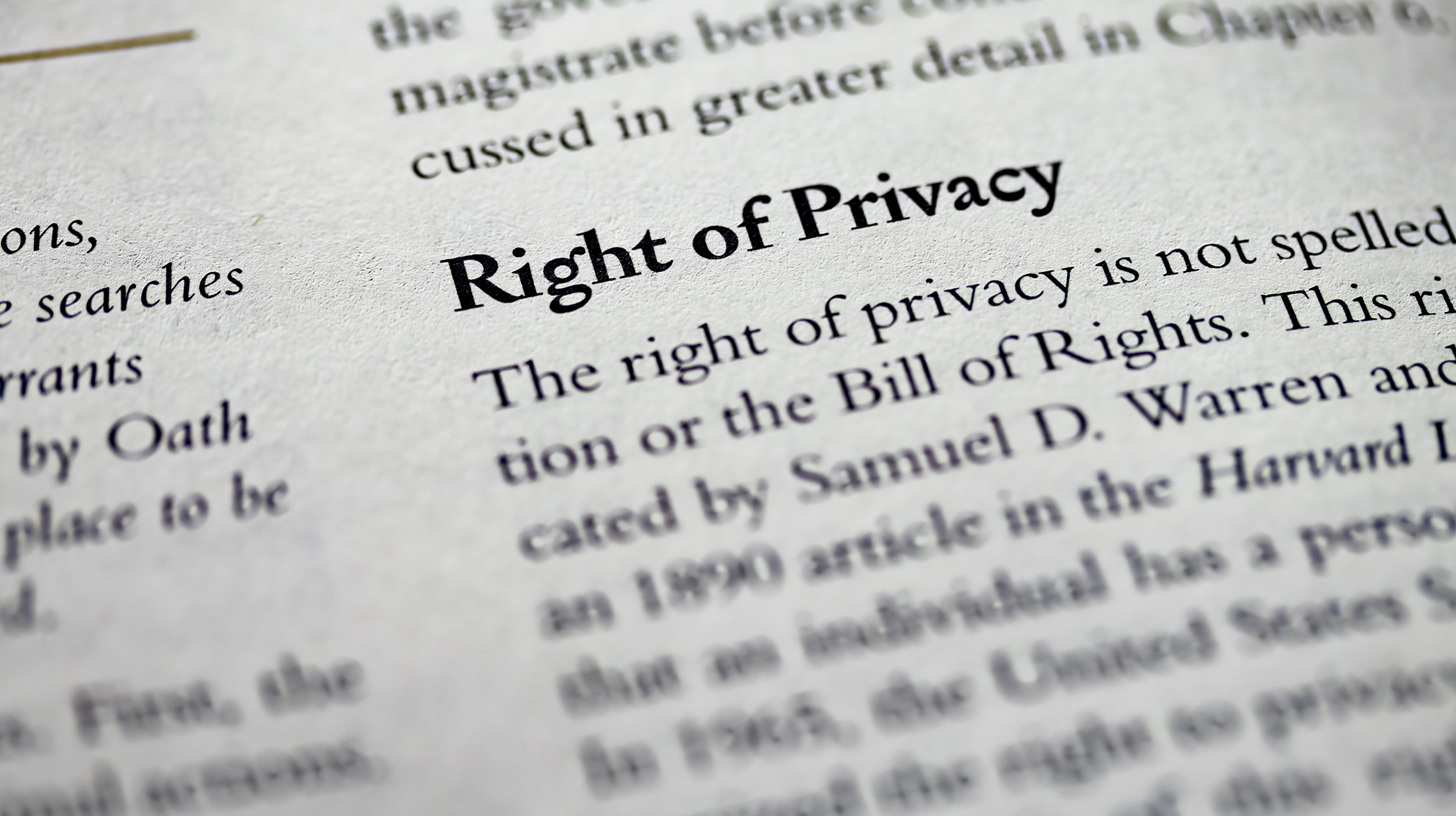Unveiling the Distorted Facade of "Transparency"

In the realm of American democracy, the term "transparency" once symbolized the empowerment of ordinary citizens (primarily journalists), to act as a beacon of light illuminating the inner workings of the government, and stand as the ultimate check against abuse of power.
However, since 9/11, and especially in the last 10 years, this concept has been steadily eroded, resulting in a meaning that is worlds apart from its original intent.
Put simply, the meaning of transparency has taken a complete 180-degree turn and we must fight to change this.
I want to dive into an eye-opening article written by Matt Taibi, a fantastic independent journalist, that scrutinizes this transformation, revealing how the very essence of "transparency" has been subverted, and why we must remain vigilant in safeguarding our privacy and fundamental rights.
In 1955, John Moss, a tenacious Democratic congressman, introduced the Freedom of Information Act (FOIA).
This landmark legislation, though initially met with resistance, paved the way for citizens and journalists to delve into once-secretive government operations.
FOIA became synonymous with transparency by empowering the public, holding government officials accountable, and shedding light on government actions.
Fast forward to 2023, and the meaning of "transparency" has taken a troubling detour.
In a remarkable reversal, the term “transparency” is now wielded by politicians to mean granting the government unprecedented power to invade the privacy of private citizens.
The first significant encroachment of this came after 9/11 with the “Patriot Act” which afforded the government unprecedented power to spy on its own citizens.
In the last ten years, we have seen continuing encroachments, particularly through the means of online data and activity monitoring, with larger steps coming in 2017 when discussions around "transparency efforts" began to involve companies revealing private data to intelligence services.

An alarming example of this manipulation of “transparency” is the Aspen Institute's report on "Information Disorder."
The report suggests that private data should be universally available to "qualified academic researchers" for the purpose of combating “disinformation”.
The idea that platforms must provide private data to researchers working in the "public interest" raises concerns about accountability and misuse of power.
Particularly important is the idea of who gets to decide what disinformation is and who gets to determine who qualifies as an academic researcher (neither of which are explained).
Make no mistake, this type of power ALWAYS results in abuse, it's only a matter of time until the decision-makers don’t align with your beliefs.
Another distressing aspect of this proposal is that this new version of "transparency" is being limited to "qualified" researchers, which is a stark departure from the democratic ethos of the original FOIA. This elitist approach reeks of the same prideful arrogance of those who promote Critical Theory and Marxism and it contradicts the very essence of transparency, which should be accessible to all citizens, not just a select few.
Klaus Schwab's (founder of the World Economic Forum) stance on "total transparency" marks possibly the most extreme end of this troubling reversal.
Schwab's assertion that transparency should be "integrated into your personality" reeks of an intrusive surveillance state that even past totalitarian regimes would hesitate to endorse publicly
The idea that we must accept a society devoid of privacy is unsettling and reminiscent of dystopian narratives. It is justified through the argument that if you behave properly then you should have nothing to hide.
There are several issues with this line of logic.
First, it presumes that the government SHOULD have the right to total violation of your privacy, and that it only restrains itself as a courtesy to us, when in reality the government has ZERO inherent rights to our privacy, only those that we grant it.
Secondly, it argues for “proper behavior” as a qualifier, but what is considered proper is constantly changing and is not at all universally agreed upon. Again, we come to the same issue discussed previously about who gets to decide what is proper.
As we navigate this ever-precarious path, it's imperative that we hold onto the true spirit of transparency. Let's remember that transparency should be a tool for citizens, journalists, and individuals alike, fostering accountability to elected officials and safeguarding our privacy.
You can read the full article by Matt Taibi HERE to delve deeper into this crucial topic and gain insights that will reshape your perspective on "transparency."
Best,
Greg Matsen





